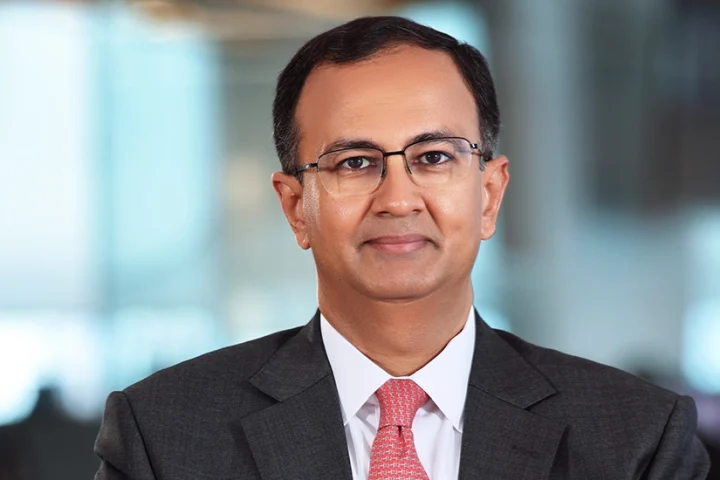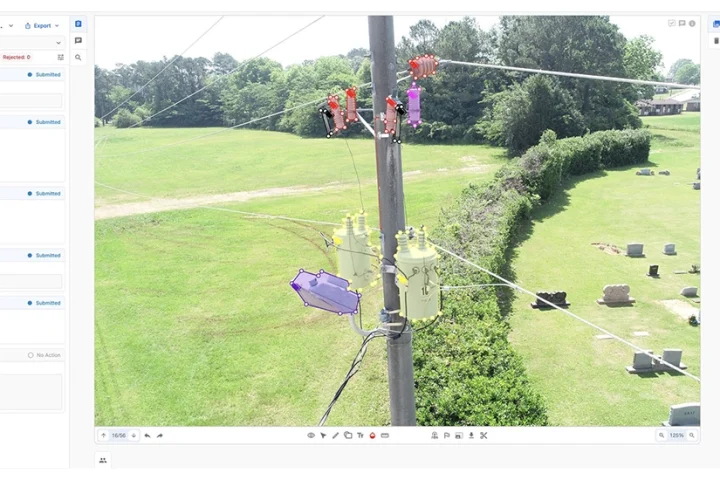2020 has seen global people-centric cyberattacks, including the capitalisation of the pandemic, fraud, ransomware and credential phishing.
According to Gartner, the IT spending in the EMEA region is forecasted to grow 2.8% in 2021. Additionally, the outlook is also positive for the Middle East Cybersecurity market which is forecasted to grow from USD $15.6 billion in 2020 to $29.9 billion by 2025. In the UAE, the government’s vision of creating a smart society powered by smart IT infrastructure has driven significant investment across leading technologies. According to Proofpoint’s CISO Report, organisations in the UAE believe cyber security will become more of a business priority, with 69% expecting their cybersecurity budget to rise by 11% or more over the next two years.
In 2021, security professionals can expect to see ransomware increasingly target cloud storage to maximise impact and increase leverage to boost profits. While business email compromise attacks growth will be slow, this will still be the largest source of cybercrime losses. CISOs must embrace a security awareness approach that includes the employees in their cyber threat mitigation plans.
Automation will become part of more security tools, rather than a bolt-on, as a result of the shortage of security talent. Lastly, given the increase in video conferencing company-themed attacks seeking to steal credentials and distribute malware, we believe that in 2021 there will be a strong demand in delivering technologies to support remote workers.
We predict that business email compromise scams will continue to be a global issue as more than 99% of cyberattacks need humans to click and act. Therefore, in 2021 we will continue to enhance our offer as a cloud-based platform to protect our customers against the number one threat vector – email – as well as emerging vectors such as social media and cloud apps.
Additionally, we will continue to look at all the cybersecurity risks with a people-centric view and foster the implementation of ongoing and effective security awareness trainings to build a strong security culture.
2020 has seen unprecedented levels of people-centric global cyberattacks, including the capitalisation of the global pandemic, fraud, ransomware and sophisticated credential phishing. Any major organisation would do well to closely examine their current approaches to cyber defense, and consider additional appropriate investment in that area.
As we will see the modern threat landscape increasingly becoming more people-centric and attacks focusing on people, in 2021 we will continue to support our partners and customers in identifying which users in an organisation represent the greatest sources of risk while ensuring the ongoing and effective education of employees about cybersecurity best practices.
























